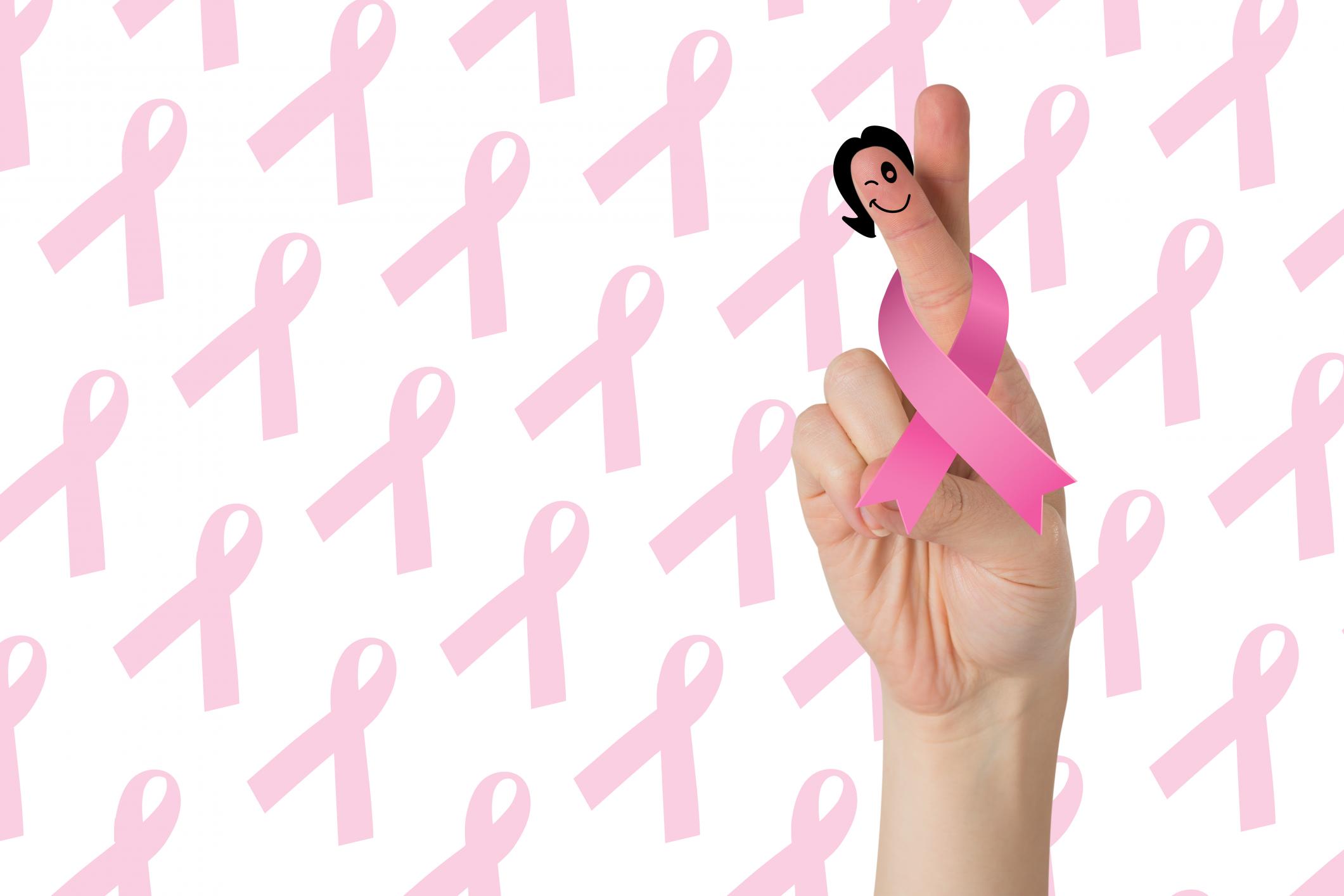For young women facing chemotherapy for breast cancer treatment, there’s a stark reality that while the chemotherapy may save their life, it can potentially cause early menopause and thus limit their future fertility.
When added to chemotherapy, a drug called goserelin may significantly reduce the risk of early menopause for these women, according to a recent study from Loyola University Medical Center.
The research, which was recently presented at the annual conference of the American Society of Clinical Oncology, studied 257 women under the age of 50 who had estrogen or progesterone-receptor negative breast cancer. These types of cancer do not respond to hormonal therapies and are thus usually treated with chemotherapy.
Unfortunately, chemotherapy can cause the ovaries to shut down, leading to early menopause.
Half of the women participating in the study were randomly assigned a standard chemotherapy treatment, while the other half were additionally given shots of goserelin (Zoladex), a drug that replicates a hormone produced by the thyroid.
The aim of the goserelin was to basically freeze the work of the ovaries during chemotherapy, a temporary menopause of sorts, in anticipation that the ovaries might avoid the affects of chemotherapy and restart their work after the treatment ended.
Improved Results for Goserelin Group
The results of the four-year study are encouraging: after two years just 20% of the goserelin group had symptoms of early menopause, compared to 45% of women who exhibited symptoms in the chemo-only group. That’s basically halving a woman’s risk of premature menopause.
The reduced risk of early menopause unsurprisingly also improved a woman’s chances for pregnancy after chemotherapy. After two years, the pregnancy rate was 21% in the goserelin group, compared to 11% in the chemo-only group.
Additional Benefits of Goserelin
But the potential benefits of goserelin didn’t stop there; the study also found that the women who took goserelin had better survival rates than women who took only chemotherapy.
Four years after their chemotherapy, the survival rate of the goserelin group was 92%. 82% of the women in this trial group were still cancer free. That’s compared to the chemotherapy-only group, whose survival rate was 82%. 78% of these women were still cancer free.
While the research is still considered preliminary until published in a medical journal, it’s results offer a potentially promising path for young women who must undergo chemotherapy for breast cancer but who would like to try to keep their fertility in tact.
The doctors at Northern Florida’s All About Women want to remind you that breast cancer can strike at any age, which is why it’s important for all women to receive a yearly well woman visit in addition to performing a monthly breast self-exam.
If you have questions or concerns about your breast or reproductive health, contact our Lake City or Gainesville office today to schedule an appointment.



